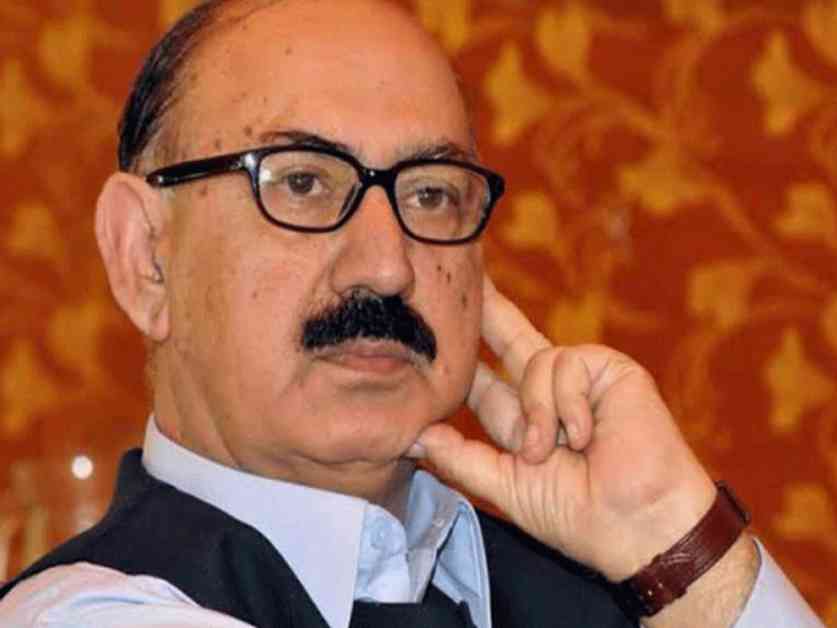Government Ends Talks as PTI Walks Away: What Happens Next?
In a dramatic turn of events, the Pakistan Muslim League-Nawaz (PML-N) abruptly terminated its negotiations with the opposition Pakistan Tehreek-e-Insaf (PTI) on Friday, following PTI’s rejection of Prime Minister Shehbaz Sharif’s proposal to resume discussions aimed at resolving the longstanding political and economic impasse.
The government’s decision to halt the dialogue process came after PTI unexpectedly withdrew from the negotiations, linking further meetings with the establishment of judicial commissions to investigate the May 9, 2023, and November 26, 2024, incidents.
Senator Irfan Siddiqui, the spokesperson for the government’s negotiation committee, confirmed PTI’s departure from the talks, expressing disappointment over the opposition’s decision. He stressed that the dialogues could have provided a crucial opportunity to address significant issues had PTI chosen to continue the process.
PTI presented a list of demands during the negotiations, including the release of prominent leaders such as Imran Khan, Shah Mehmood Qureshi, and others. However, the government maintained that the release of these individuals could only be facilitated through a formal request from PTI to the Prime Minister, who could then recommend a presidential pardon.
Despite the government’s willingness to consider PTI’s demands, the opposition party’s sudden withdrawal from the negotiations left no room for further discussions. Senator Siddiqui emphasized that the government was open to exploring a middle ground but was met with PTI’s unilateral decision to discontinue the talks.
The collapse of the negotiations followed a series of events, including the prime minister’s proposal to resume discussions through a parliamentary committee, which was met with resistance from PTI. Instead, PTI dissolved its negotiation committee and transitioned it into a coordination committee to form a broader opposition front against the ruling alliance.
As the stalemate continues, PTI, under Imran Khan’s leadership, has shifted its focus to uniting other opposition parties to mount pressure on the government. Omar Ayub, the opposition leader in the National Assembly, confirmed these efforts, stating that PTI was actively seeking alliances to challenge the ruling coalition.
PTI’s decision to walk away from the negotiation table highlights the deep-rooted political tensions and conflicting interests that have plagued the country’s political landscape. The failure to reach a consensus underscores the challenges of fostering dialogue and cooperation in a polarized political environment.
Despite the setbacks, both the government and PTI have expressed willingness to engage in further discussions to address the pressing issues facing the nation. The future of the negotiations remains uncertain as both sides navigate the complexities of power dynamics and competing priorities in the pursuit of a resolution.
As the political saga unfolds, the fate of the negotiations hangs in the balance, with implications for the country’s stability and governance. The coming days will reveal whether the parties can overcome their differences and find common ground to pave the way for a more collaborative and constructive dialogue.









